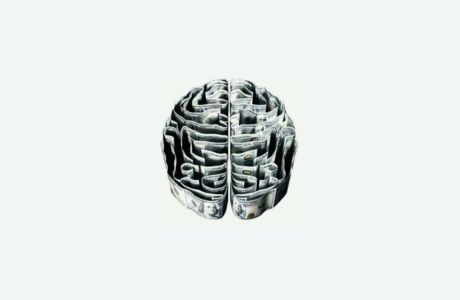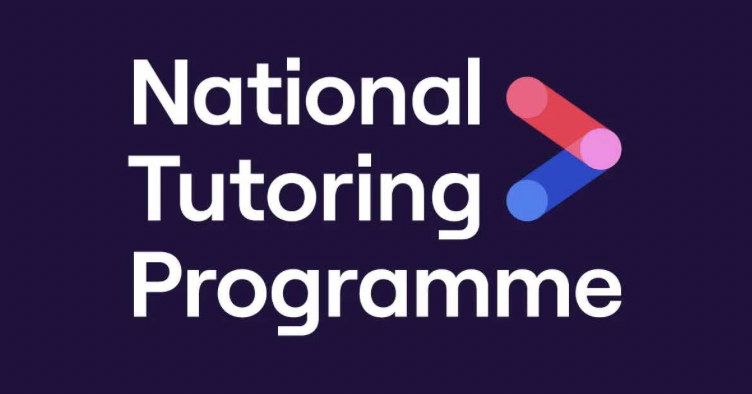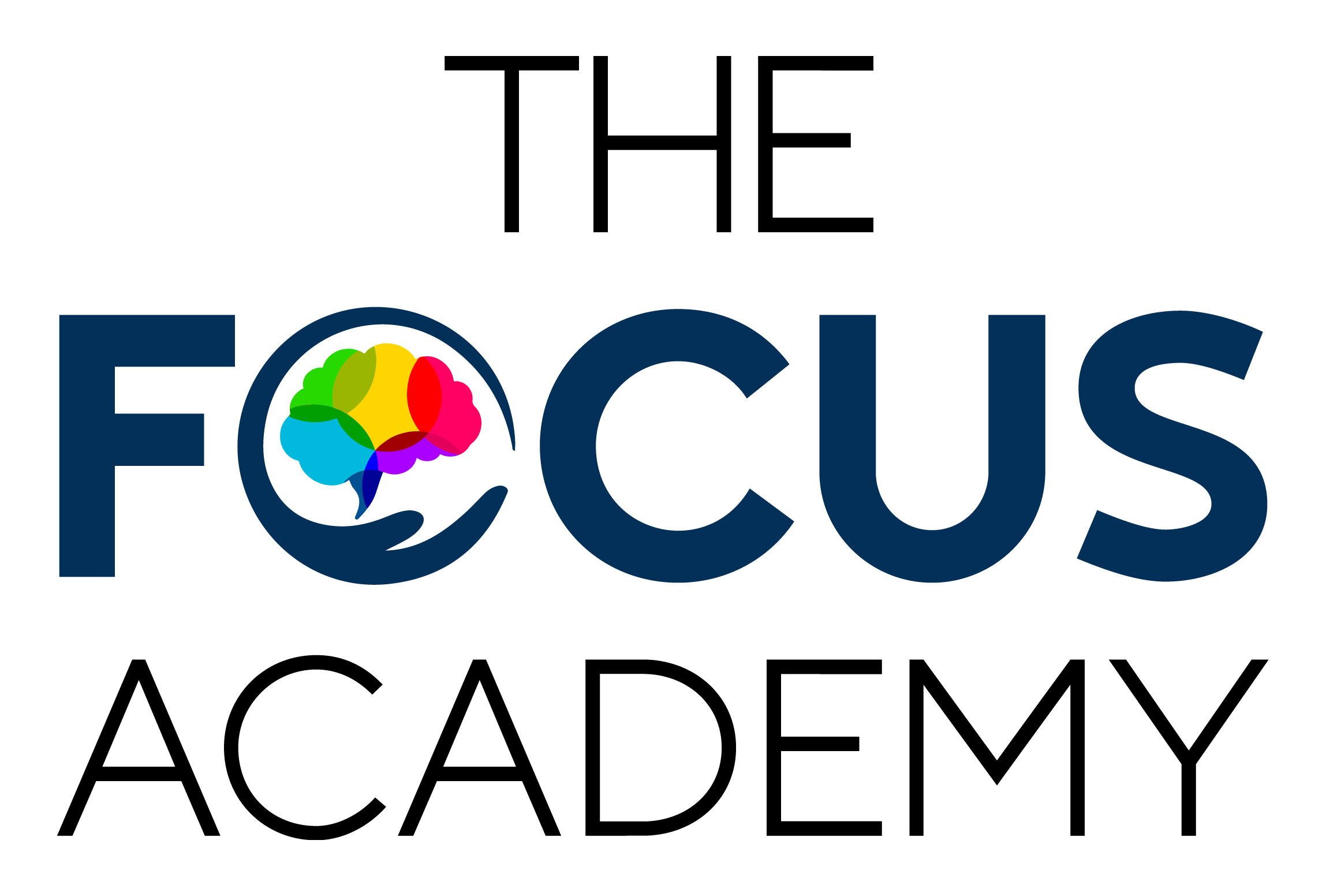FASD Blog #3 : FASD & Memory. Raising awareness on international FASD day! (Sept 9th)

We all have some concept of what ‘memory’ involves. We may be familiar with the idea of ‘short term’ and ‘long term’ memory; we may have been frustrated when our own memory lets us down (usually when our brain is overloaded with information) and most of us are aware that the memory can be affected through an acquired brain injury or through the progression of a disease like dementia.
Memory is also inextricably linked to our sense of self and competence. It helps us to understand the world – it anchors us. We drift and feel vulnerable when it fails us because the world stops making sense.
For people who have FASD, the unreliability of memory is a significant hurdle to overcome, and one which affects both their functioning in daily life and in educational environments.
The brain *should* file memories away neatly, categorising information, joining it into sequences and processes that can be recalled together to help us, for example, get through our morning routine on autopilot and get to work on time, even if we detest everything to do with mornings and can’t function well before 11am. It’s somewhat inconvenient when your brain doesn’t file information neatly awaiting recall and thinks that sequencing is irrelevant: which is why my eight-year-old son (who has an FASD diagnosis) still sometimes has to be reminded that pants go on before shorts. Though for what it’s worth, I reckon he’d rock the Superman look.
In a classroom, the unreliability of memory causes multiple issues. Recalling previous learning can be impossible for some students, while others may remember the information but struggle with organising or applying it to work. Many students with FASD struggle to remember multi-part verbal instructions and so may appear to be reluctant to work or defiant when in actual fact, they may simply have forgotten what has been asked of them. They can struggle to transfer knowledge across different contexts. In addition, a limited capacity in what is called ‘working memory’ can add a lot of cognitive stress to a pupil.
Working memory refers to the small amount of information that we can hold ‘in mind’ whilst we complete a task. If you have ever tried to remember someone’s address at the same time as listening to directions to their house, your working memory is simultaneously holding and processing information, and you’ve probably been aware that you’re reaching cognitive capacity because you being to feel stressed or irritable. Or both.
Now imagine having such a limited bandwidth in working memory that by the time you pick up your pencil to write a sentence, you’ve often forgotten the sentence – but you are expected to do mental maths problems that require you holding in mind several numbers whilst also adding, subtracting, multiplying, dividing or rounding to the nearest ten. Finished that problem? Great! Another nine await your attention, before you move onto fronted adverbials that you studied last week in Literacy, then PE (if you’ve remembered your kit) and then a test on the Blitz before lunch. By now, you should be able to imagine a tiny bit of the demands that are made on memory in an average school day, and how overwhelming that can be to a student who has FASD.
It is important to note that FASD is a spectrum, and as such, every person on it has his or her own individual profile of strengths and support needs. How memory is affected varies from person to person – and often, it’s the students themselves who can best tell us what they struggle with and what helps them. Many people who have FASD have excellent visual memories – and visual representations of steps in a sequence can free up bandwidth for focusing on the task. Over learning to reinforce facts is often necessary, and active learning with physical objects can help support memory and cognition too.
None of the strategies mentioned above are revolutionary. All it requires on the part of the education professional is an awareness that memory problems are a common part of a FASD and a commitment to helping to support these. Small changes and a shift in perspective can make huge positive differences in a student’s self-esteem and attainment.
More articles
Go to the blog



















